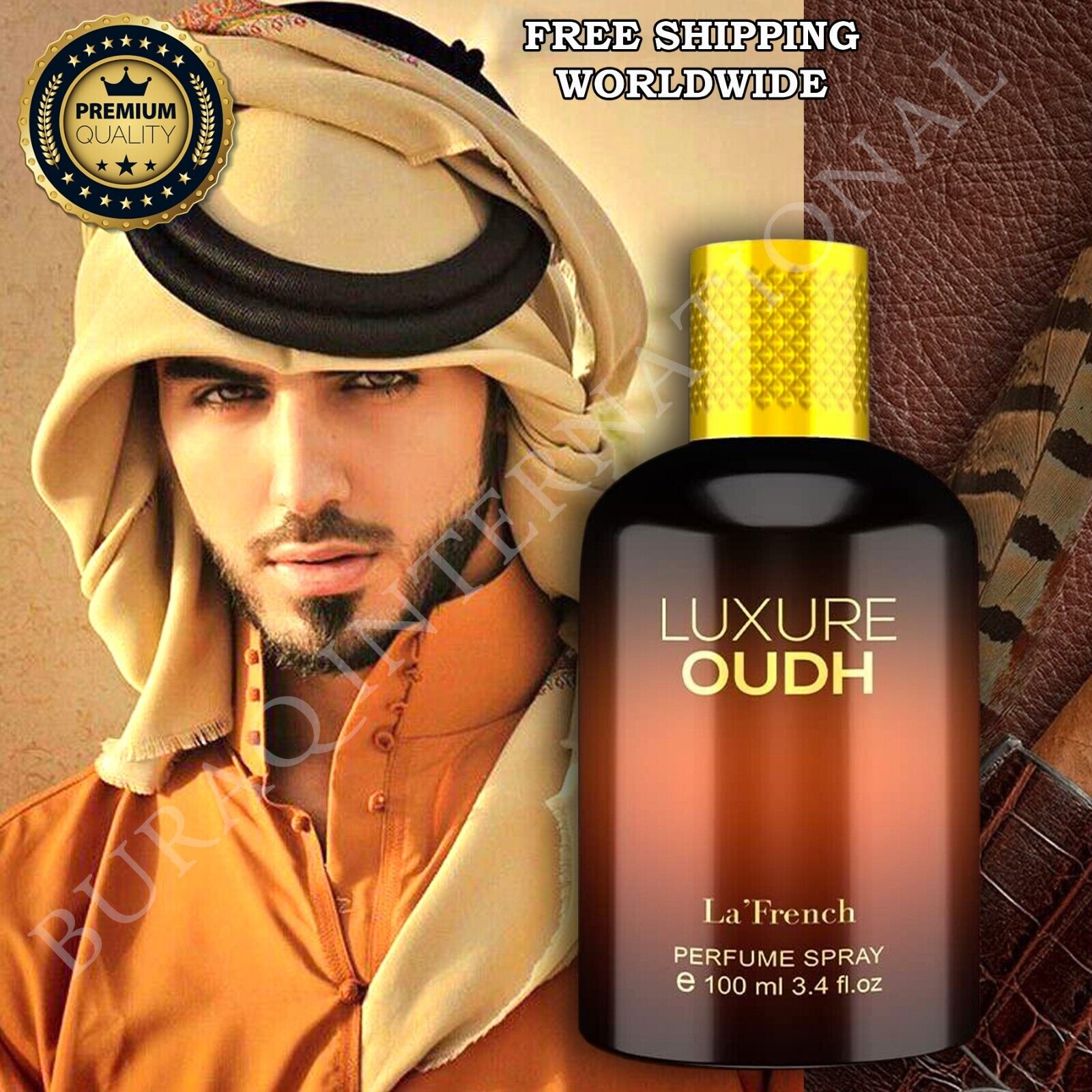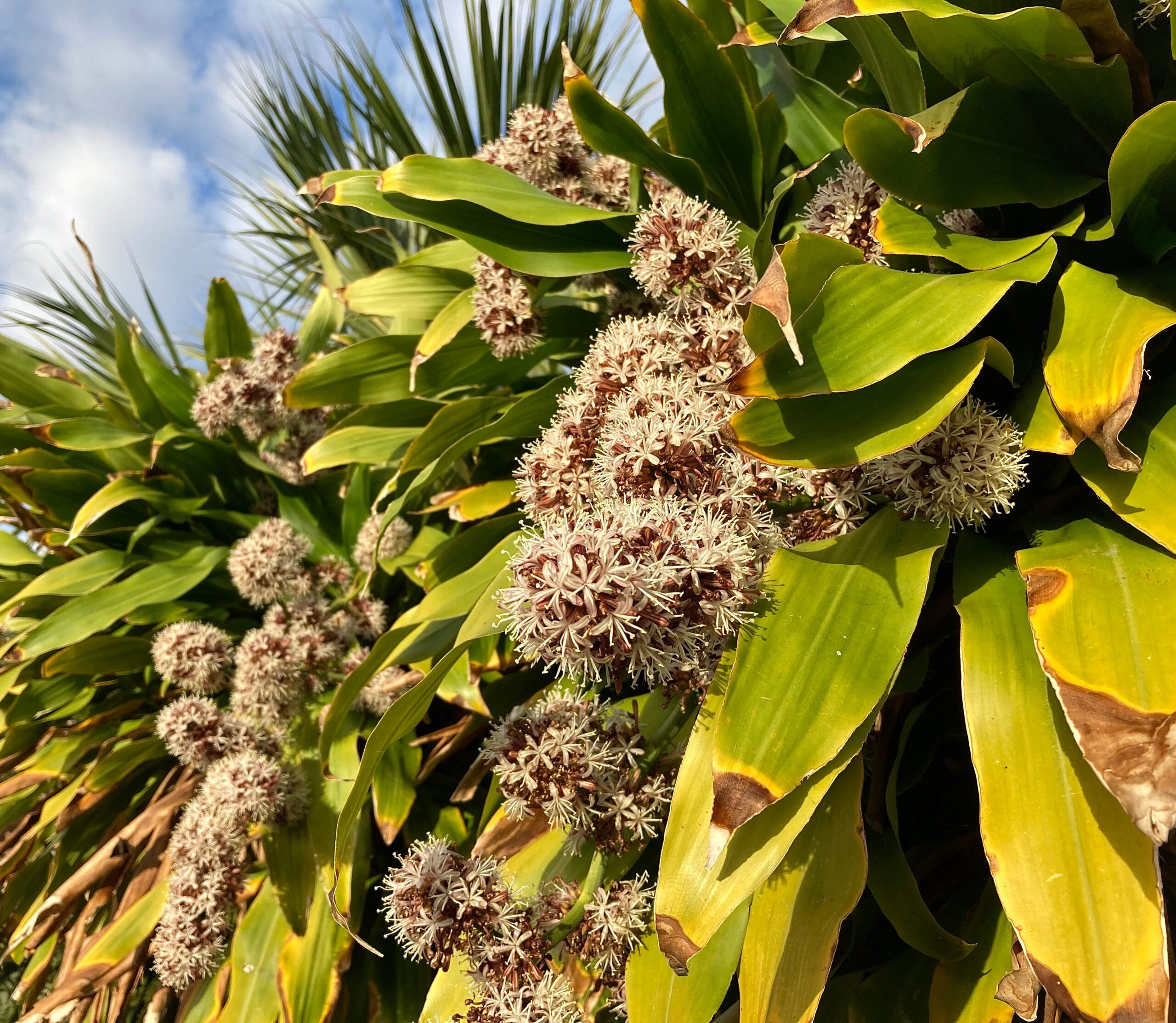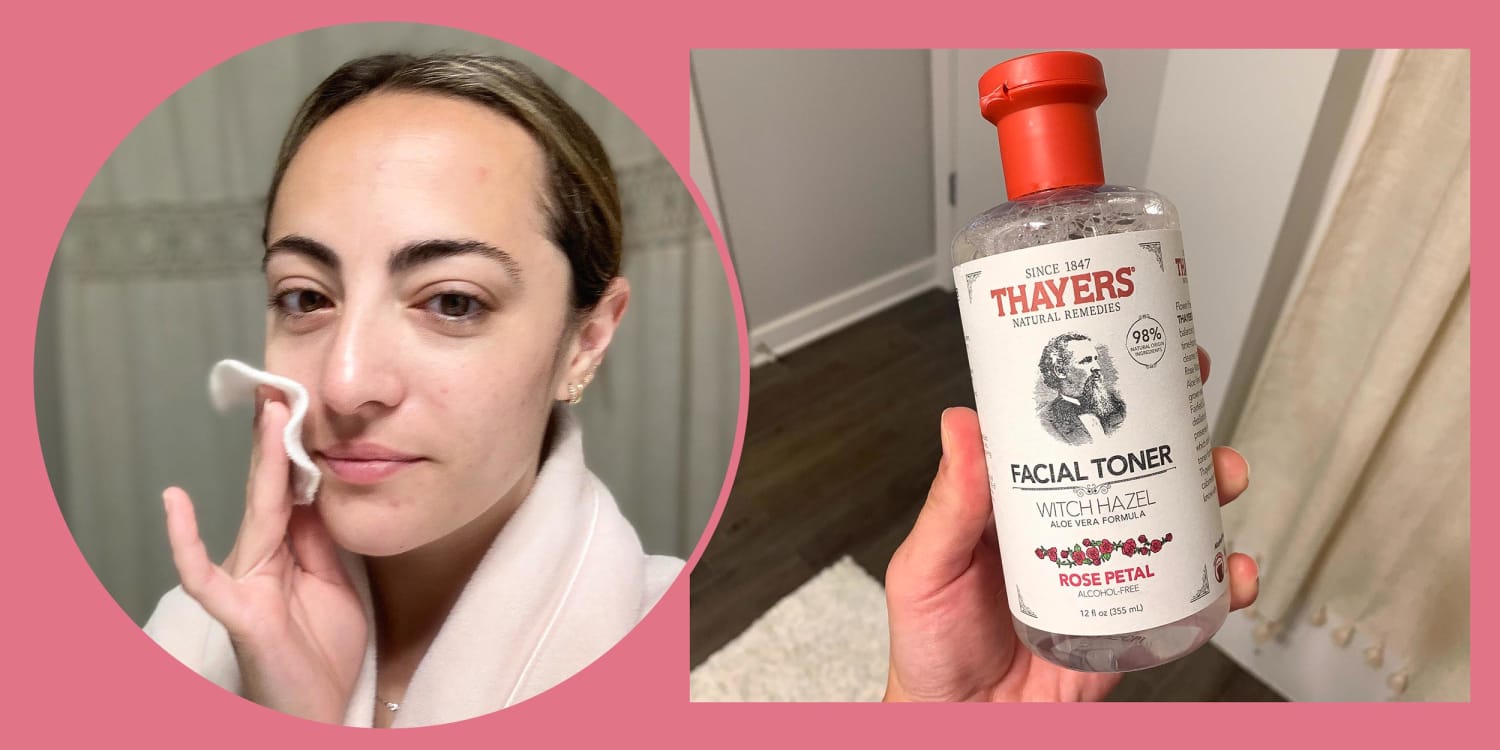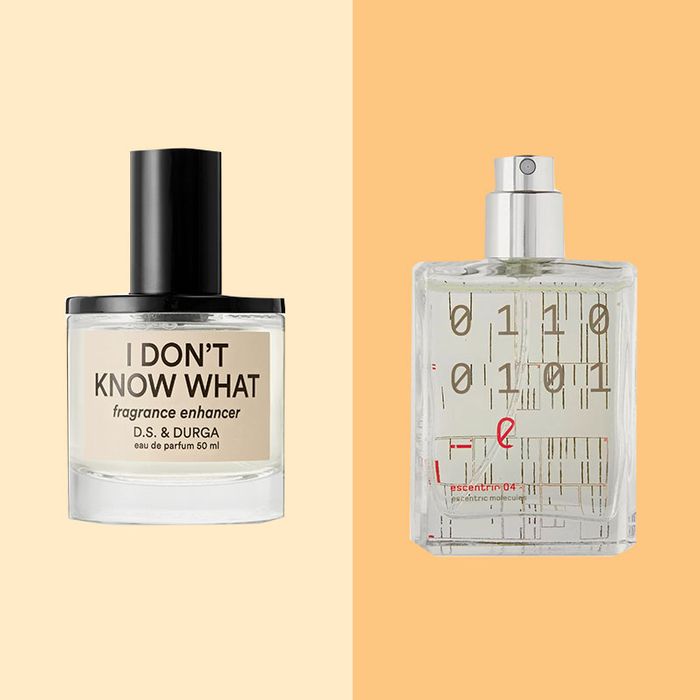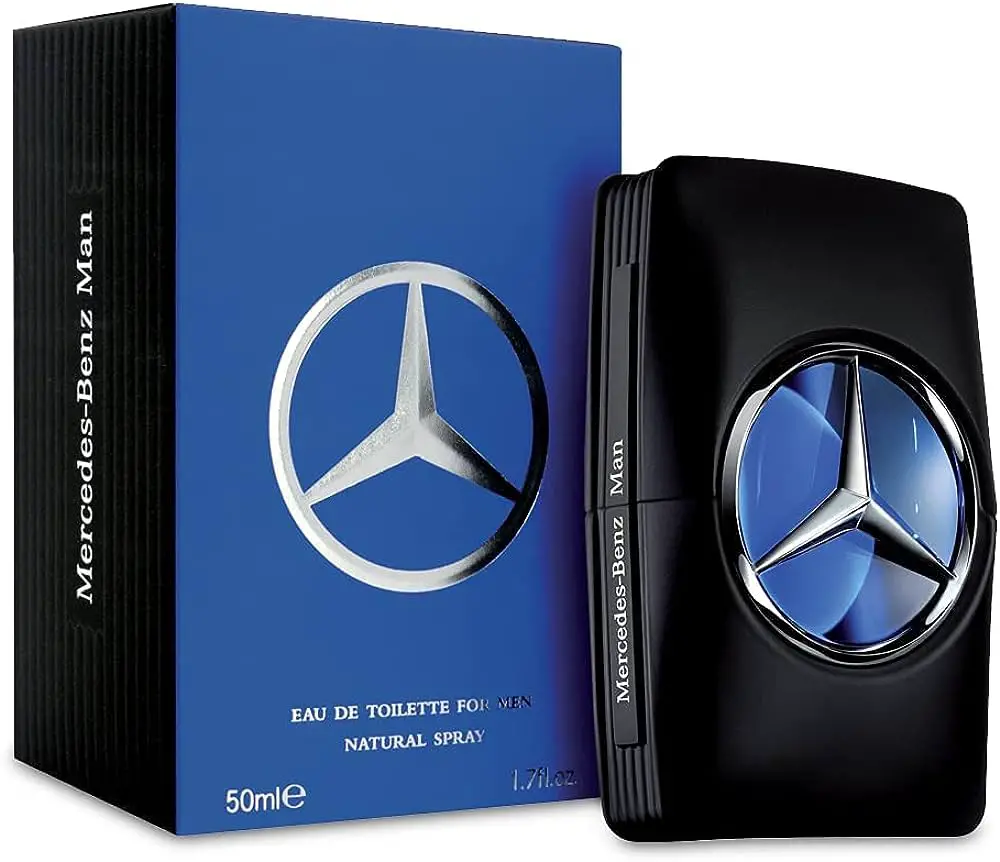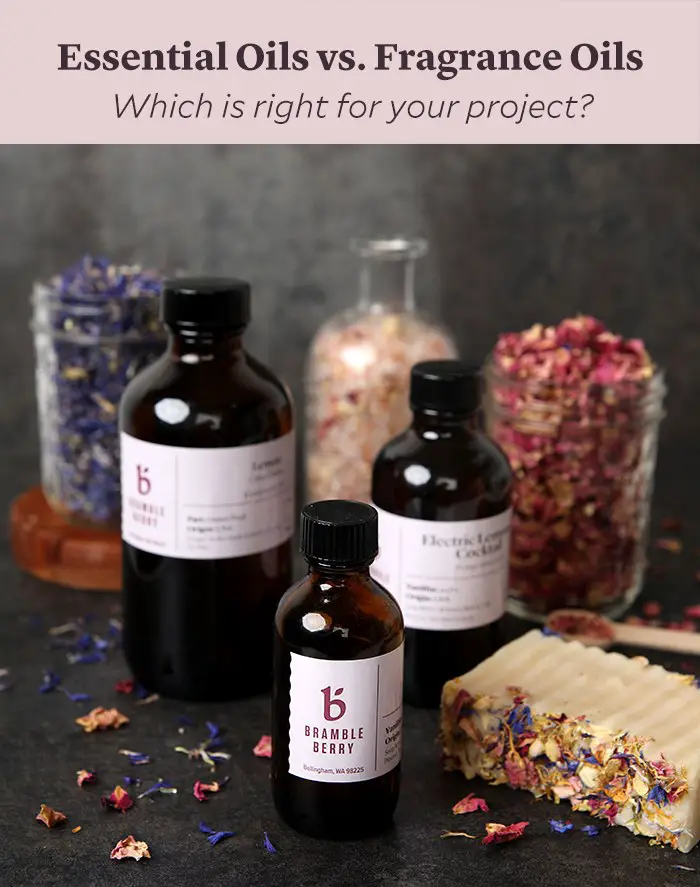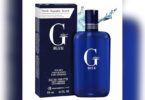Crafting your own perfume is not only a deeply personal experience but also an art form. To create a fragrance that lingers pleasantly and melds with the chemistry of your skin, the choice of carrier oil plays a pivotal role. The carrier oil houses the essential oils and helps to disperse the fragrance evenly. Hereinafter, we will unveil the top carrier oils that enthusiasts and connoisseurs alike can use to concoct their signature scents.
What is a Carrier Oil?
A carrier oil, also known as a base oil, is a vegetable oil derived from the fatty portion of a plant, usually from the seeds, nuts, or kernels. It is employed to dilute essential oils and absolutes before they are applied to the skin in massage and aromatherapy. They are so named because they carry the essential oil onto the skin without altering the therapeutic properties of the essential oil.

Credit: www.amazon.com
Choosing the Right Carrier Oil for Your Perfume
When selecting a carrier oil for perfume-making, consider the following attributes:
- Odor: Look for oils that have a neutral or mild scent that won’t overpower your fragrance blend.
- Absorption: You’ll want an oil that absorbs easily into the skin without leaving a greasy residue.
- Shelf Life: An oil with a longer shelf life ensures that your perfume will maintain its integrity over time.
- Skin Sensitivity: Choose oils that are gentle on the skin, especially if you have sensitive skin or are crafting perfumes for broad use.
Without further ado, let’s explore the top carrier oils for your perfume needs:
| Carrier Oil | Odor | Absorption Rate | Shelf Life |
|---|---|---|---|
| Jojoba Oil | Virtually odorless | Excellent | 5+ years |
| Fractionated Coconut Oil | Mild and sweet | Excellent | Indefinite |
| Sweet Almond Oil | Slight nutty scent | Good | 1-2 years |
| Grapeseed Oil | Mild | Good | 6-12 months |
| Argan Oil | Light nutty scent | Fair | 2 years |
Benefits and Properties of Top Carrier Oils
Jojoba Oil
Derived from the seed of the jojoba plant, jojoba oil is technically a wax ester with properties that closely resemble the skin’s natural oils (sebum). Its exceptional shelf life, combined with its hypoallergenic properties, makes it an ideal candidate for perfume-making.
Fractionated Coconut Oil
Fractionated coconut oil, unlike its unrefined counterpart, remains liquid at room temperature and has an almost indefinite shelf life. Its lightweight and fast-absorbing qualities make it a favourite choice for a non-greasy fragrance base.
Sweet Almond Oil
Sweet Almond Oil is a well-loved carrier oil due to its beneficial fatty acids and vitamin E content. While it has a slight scent, it’s generally mild enough to not interfere with the essential oils in your perfume blend.
Grapeseed Oil
Grapeseed oil is a byproduct of winemaking and a champion for those who prefer a faster-absorbing oil. Plus, its antioxidant content helps to preserve the integrity of your perfume over time.
Argan Oil
Although Argan oil has a light signature nutty scent, its nourishing properties for skin and hair have earned its place in luxury perfumes. Be mindful of its slightly thicker texture, which may take a bit longer to absorb.
How to Use Carrier Oils in Perfume Making
Creating a perfume using carrier oils is simple:
- Choose your essential oils and determine your desired scent profile.
- Select your carrier oil based on the criteria discussed above.
- Blend your essential oils with the carrier oil, starting with a 10-15% concentration of essential oils to the volume of carrier oil.
- Adjust the concentration as necessary, remembering that less is more—you can always add, but you cannot remove!
- Store your blend in a dark glass bottle away from direct sunlight to preserve its aromatic quality.
Remember to perform a patch test with your completed perfume to ensure that there’s no adverse reaction on your skin.
Frequently Asked Questions
What Is A Carrier Oil?
A carrier oil, also known as a base oil, is used to dilute essential oils and absolutes before they are applied to the skin in massage and aromatherapy.
Which Carrier Oils Are Best For Perfumes?
Jojoba, fractionated coconut, and sweet almond oil are popular choices for perfumes due to their light scent and stable shelf life.
Are Carrier Oils Fragrance-free?
Most carrier oils have a faint, nutty aroma, but they are generally considered neutral and do not overpower the essential oils’ fragrance in perfumes.
How Do Carrier Oils Affect Perfume Longevity?
Carrier oils can extend the longevity of perfumes by slowing down the evaporation rate of the essential oils they carry.


